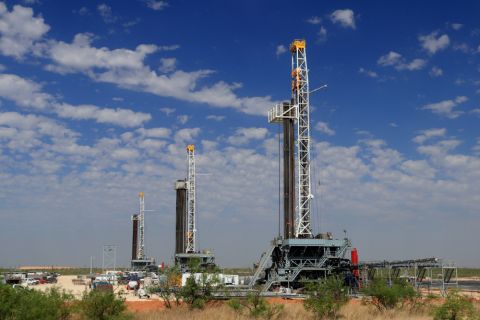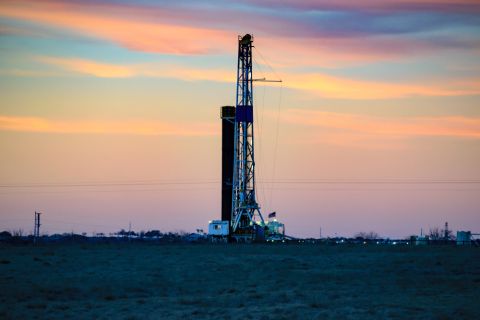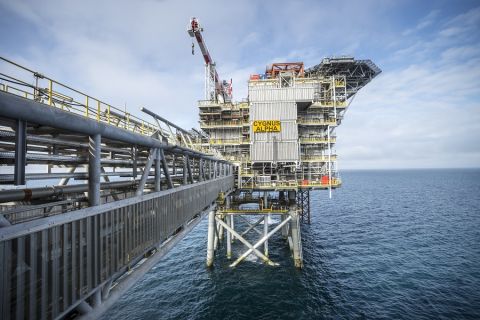By Jonathan Weil, Bloomberg There is a chance you missed an excellent story by Bloomberg News reporter Asjylyn Loder about the inherently unreliable methods energy companies use to measure how much oil they have in the ground. So allow me to direct you to it here. The article focused on shale-oil reserves. The problem it described: Many drillers apply a formula developed in 1945 called the Arps equation to shale technology, which didn't exist then. (The method is named for Jan Arps, the petroleum engineer who created it.) As a result, future energy production is being exaggerated. But there is more to this story. And here's where I can add some value, along with some ancient oil-patch humor. Estimates of companies' petroleum reserves always have been sketchy, no matter what kind of crude or natural gas. The stuff sometimes is buried miles underground, often beneath deep water. It can be hard to measure. One incident that comes to mind occurred a decade ago, when Royal Dutch Shell admitted that top executives had overstated reserve data. The financial press treated it like a big scandal. But investors mostly it shrugged off, which was understandable, because they knew that reserve numbers are far from precise. Indeed, when U.S. accounting rulemakers back in the early 1980s first wrote the standards for disclosing companies' proved oil-and-gas reserves, they decided that the figures should be reported as “supplementary” information outside the companies' official financial statements. The reason they cited at the time: the numbers weren't reliable enough to justify the cost of having them audited independently. This brings me to the real purpose for this column: To share some old jokes with you. These have been around a long time. I'm not sure who first wrote them, and I've seen many variations over the years. This one comes from a slide presentation on the website of Ryder Scott Co., a Houston-based petroleum-consulting firm that does reserves certifications. And it goes like this: Reserves are like fish ... •Proved developed: The fish is in your boat. You have weighed him. You can smell him, and you will eat him; •Proved undeveloped: The fish is on your hook in the water by the boat, and you are ready to net him. You can tell how big it looks...and they always look bigger in the water; •Probable: Fish are in the lake. You may have caught some yesterday. You may be able to see them today, but you have not yet caught any; and •Possible: The lake has water. Someone may have told you there are fish in the lake. You have your boat on the trailer, but you may go play golf instead. Old jokes are the best, aren't they?
Recommended Reading
Excelerate Energy, Qatar Sign 15-year LNG Agreement
2024-01-29 - Excelerate agreed to purchase up to 1 million tonnes per anumm of LNG in Bangladesh from QatarEnergy.
UK’s Union Jack Oil to Expand into the Permian
2024-01-29 - In addition to its three mineral royalty acquisitions in the Permian, Union Jack Oil is also looking to expand into Oklahoma via joint ventures with Reach Oil & Gas Inc.
Permian Resources Continues Buying Spree in New Mexico
2024-01-30 - Permian Resources acquired two properties in New Mexico for approximately $175 million.
Eni, Vår Energi Wrap Up Acquisition of Neptune Energy Assets
2024-01-31 - Neptune retains its German operations, Vår takes over the Norwegian portfolio and Eni scoops up the rest of the assets under the $4.9 billion deal.
NOG Closes Utica Shale, Delaware Basin Acquisitions
2024-02-05 - Northern Oil and Gas’ Utica deal marks the entry of the non-op E&P in the shale play while it’s Delaware Basin acquisition extends its footprint in the Permian.





